The presidential (Kremlin) regiment has existed since the 30s of the last century. This military unit is characterized by a tough internal routine. Applicants wishing to serve in the presidential forces are subject to very high demands. According to experts, it is much easier to get into the marine corps and airborne forces than the Kremlin guard. Information on what constitutes the presidential troops of Russia, what tasks they perform and how to get into them is presented in the article.
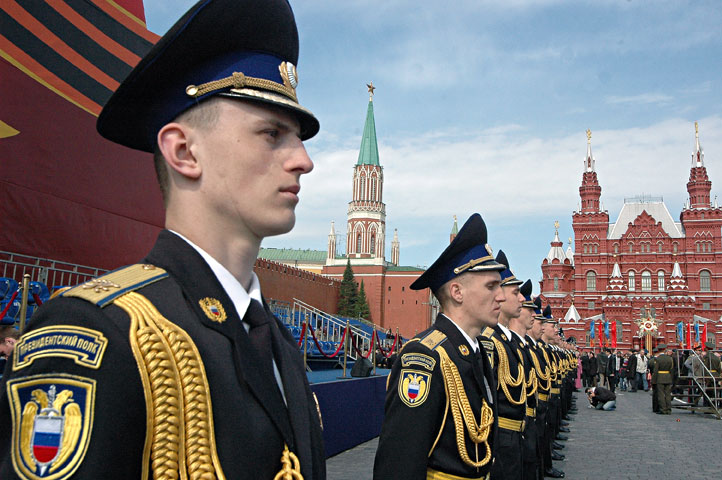
About the history of formation
After the October Revolution, the Bolshevik government was in a very difficult situation and was systematically exposed to great danger. The new government needed a serious and disciplined guard. The seat of the Bolshevik government was the Moscow Kremlin, the protection of which from March to September 1918 was carried out by Latvian arrows. Soon they were replaced by servicemen of the Moscow Higher Military Command School of the Red Army, which after some time was reorganized into the All-Russian Central Executive Committee, which later became the 1st Soviet United Military School of the Red Army. The Kremlin was guarded by the All-Russian Central Executive Committee until 1935. In October, Lefortovo became the location of the All-Russian Central Executive Committee, and the Kremlin’s defense was entrusted to the Special Purpose Battalion, which from that moment left the subordination of the People’s Commissariat of Defense. The battalion moved to the NKVD department. A year later, he was officially named the NKVD Special Forces Regiment. Unofficially, he was called the Kremlin. In the Soviet-Finnish war, the regiment's military personnel took part in the hostilities. In the Great Patriotic War reflected the Wehrmacht air raids. In 1973, the regiment was officially assigned the status of "Kremlin". Since 1975, his servicemen have been awarded a distinctive badge for their excellent service, military and political training.
Our days
During the years of the Soviet Union, this unique military unit was called the Red Banner Presidential Regiment of the Order of the October Revolution. Since 1991, the presidential troops are officially called the Presidential Regiment of the Moscow Kremlin Commandant Service of the Federal Security Service of the Russian Federation. 2002 was the year of the formation of the cavalry honorary escort. In 2016, the diploma of the Supreme Commander of the Armed Forces of Russia was awarded to the regiment for services to ensure security. May 7 part celebrates the day of its creation. The regiment commander is directly subordinate to the Supreme Commander. The location of the barracks of the Presidential Forces was the historic building of the Arsenal (Zeichhaus). The location of the regimental parade ground and the sports hall of the FSO is the closed perimeter of the courtyard.
About Tasks
Presidential troops provide security and protection for historical and strategic Kremlin sites. They include the Eternal Flame, the tomb of the Unknown Soldier near the Kremlin wall and all the important institutions located on the territory. In addition, part takes part in various protocol events.
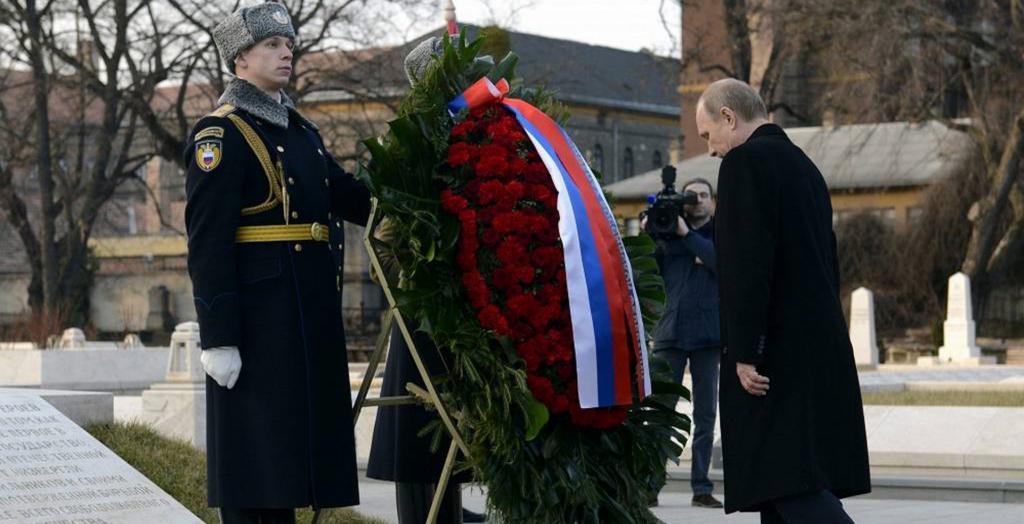
Presidential troops as part of the Federal Guard Service protect the country's top officials. The regiment includes ten companies that are directly subordinate to the President. Many experts claim that the Kremlin regiment was formed exclusively for beauty. The constitutional system is also protected by the National Guard, created on the basis of the Ministry of Internal Affairs of Russia. These troops serve on a contract basis.
How to get into the presidential troops?
Judging by numerous reviews, the service in the Kremlin regiment is very difficult, but extremely honorable.Only the most worthy can take the oath of presidential troops. Selection of applicants is very thorough. Those who plan to serve in the presidential forces must first enter the official website of the Kremlin regiment. There is a list of all available vacancies. Those planning to serve on a contract basis must notify the draft board. This must be done several months before the draft campaign. Otherwise, the young man will not have time to go through all the stages. The selection for the presidential troops takes place in the military commissariats. Upon its completion, the applicant must give written consent to verify his identity for security officers of the Federal Security Service of Russia. Then the applicant is tested and invited to an interview with the FSB. Representatives from the National Guard meet the young man there. Presidential troops are open only to those who fully comply with all requirements.
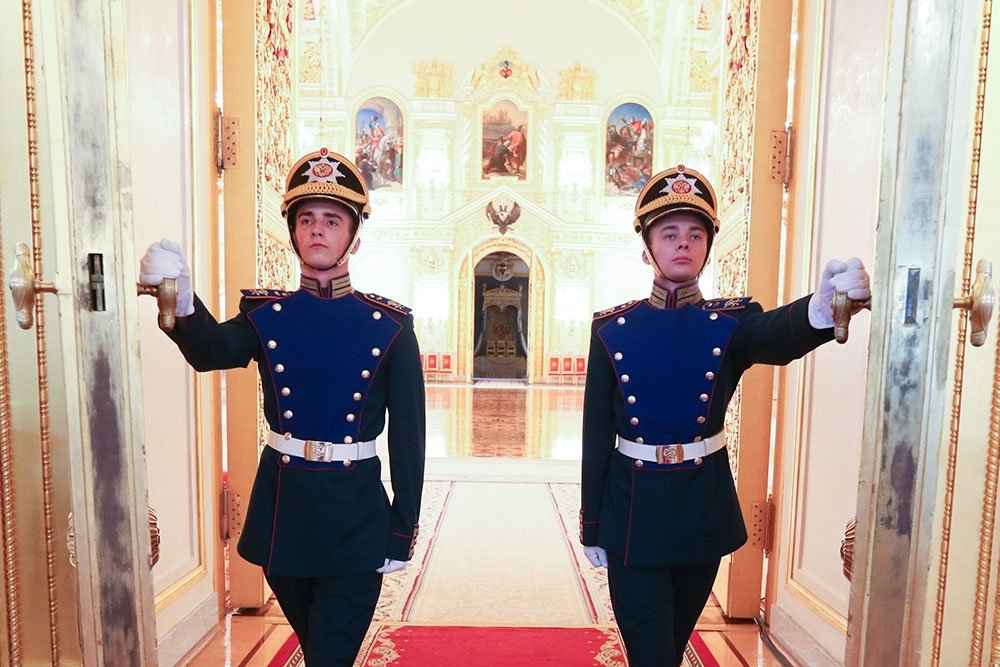
About appearance requirements
Young people whose height is not lower than 175 and not higher than 190 cm can enter the Kremlin regiment. There are no clear requirements for body weight. However, it is important to have a normal ratio of weight and height. Judging by the reviews, preference in the selection is given to applicants with a Slavic appearance. According to experts, for draftees with a swarthy skin or a Mongoloid section of the eyes, the probability of getting into the Presidential Regiment is very small. Fuzzy or with any defects speech, piercings, tattoos and scars also reduce the young man's chances of serving in the Kremlin.
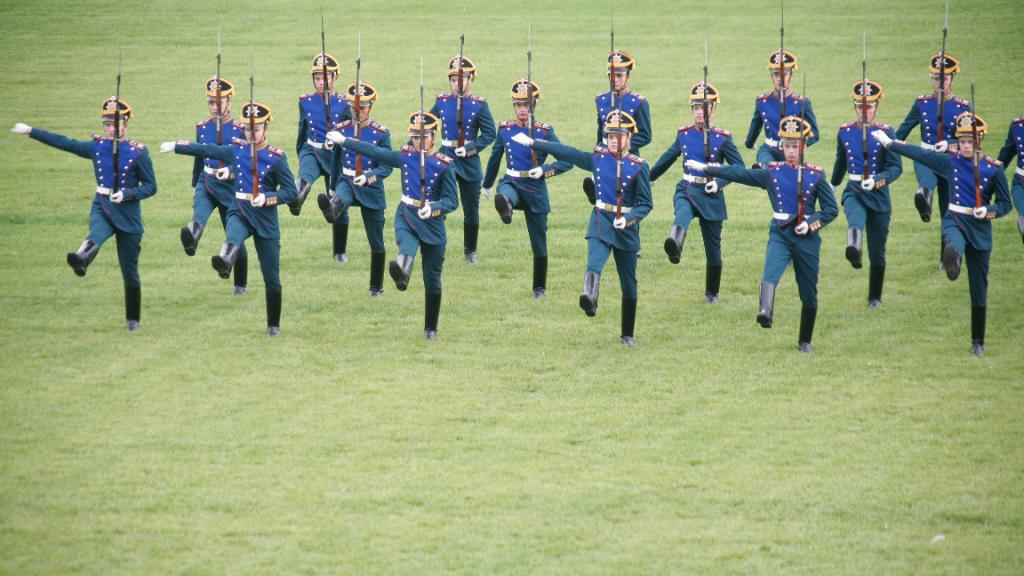
About moral qualities
An applicant to the Presidential Regiment on a "citizen" before the service should be characterized as a person with exemplary behavior. Confirmation of this is a characteristic from a school or university. In addition, only holders of a good certificate can enter the Kremlin. Since a culture of behavior is instilled from childhood, when examining a candidate, FSB officers attach great importance to the family in which the person was brought up. Often the Kremlin comes from a complete and prosperous family. However, it is undesirable to have domestic problems and excessive anxiety of the candidate about his relatives. Difficulties in joining may also arise for those who have a girlfriend. This attitude of the commission is explained by the fact that young people are very distracted by love affairs from service.
About Health Requirements
Those wishing to serve in the Kremlin regiment must be in good health. The indicator of visual acuity without adjustment should be at least 0.7. A person should not have any problems with color perception. In addition, the applicant must have good hearing, allowing him to clearly hear a whisper from a distance of six meters. Since a lot of time is devoted to the physical training of military personnel, preference is given to hardy and physically developed people.
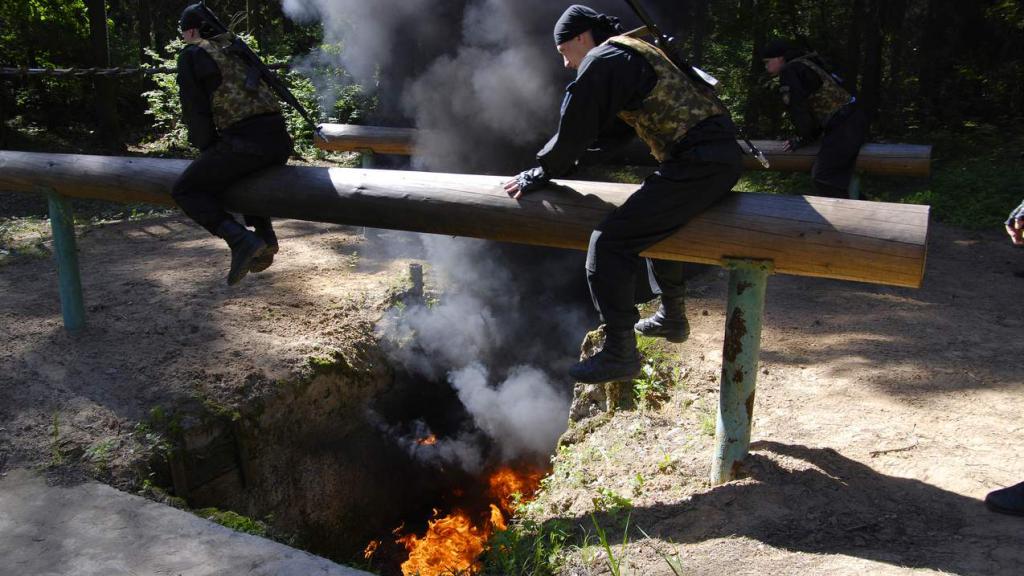
It is advisable that such a person earlier, “in civilian life”, engage in any kind of sport. Persons whose addiction to drugs, alcohol, and even nicotine will be revealed during the survey may not count on service in the Kremlin troops.
Who will not succeed?
Applying to the Presidential Troops is not worth the young people who are ready to give a positive answer to at least one of the questions proposed in the following paragraphs of the questionnaire:
- The presence of close relatives abroad or convicted of crimes against an individual or state.
- Criminal record. Those who have served their sentences in places of imprisonment even for minor crimes will not be able to join the Kremlin regiment.
- If the applicant is under investigation.
- If it is registered in a narcological, neuropsychiatric and dermatovenerological dispensary.
About the oath
Relatives and friends of recruits are allowed to attend the ceremony.It is forbidden to bring alcohol to the Kremlin. Also, guests do not want to use them before the celebration itself. Otherwise, they will not let the drunk citizens pass, and the young fighter will have problems. Before the oath, the recruit has the right to inform relatives in which unit he will serve.
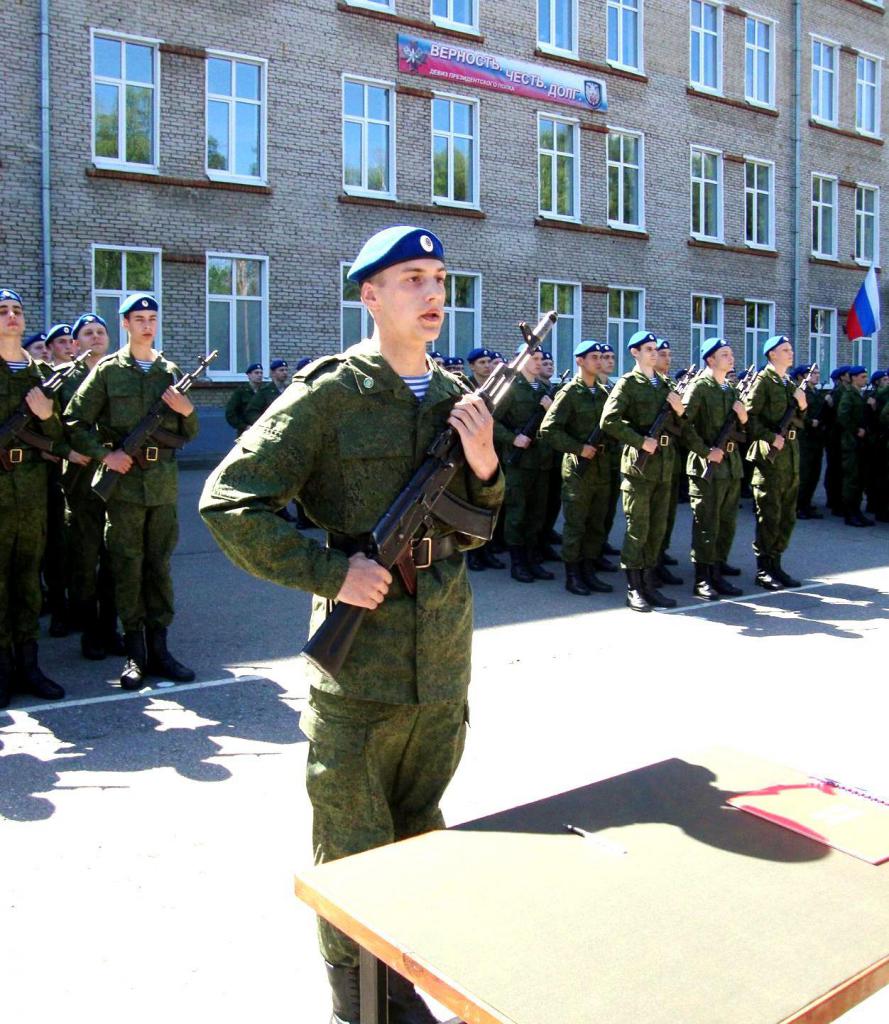
The ceremony itself lasts no more than 40 minutes. Previously, during the oath, it was forbidden to use cameras and camcorders. However, in recent years, according to eyewitnesses, one of the guests has the right to go through the cordon and take some photographs. A rookie can talk with relatives right after the oath, without leaving the territory of his military unit.
